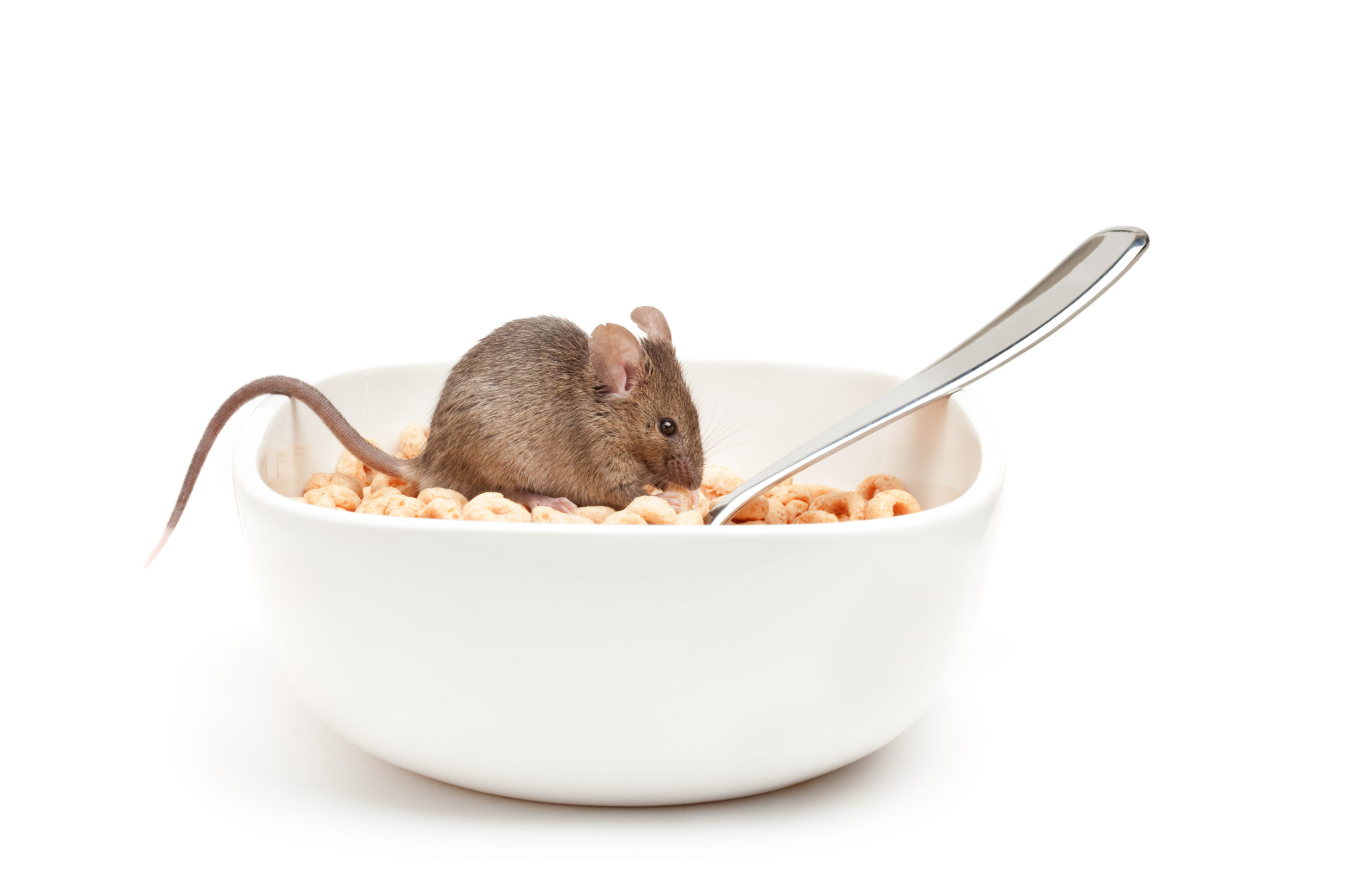
What causes overeating?
November 29th, 2016What causes overeating?
Obesity is a health risk in many parts of the world and one third of Americans are considered obese. Medical researchers affirm that one of the causes of obesity is overeating…so what might be causing that?
It appears that obese individuals may be especially vulnerable, both psychologically and neuro-biologically, to social signals that encourage eating (such as advertising or the smell of food).
Research indicates that obese mice are more likely than lean mice to overeat in specific experimental situations. One particular study involved two groups of mice. One group received a high calorie diet and became obese; the other group received their usual diet and stayed lean. The mice were then trained to respond to sounds. On hearing a particular tone, they received a sugar solution as a “reward”; but the absence of this tone (just white noise) brought no reward. Both groups of mice then ate their normal diet for three days.
On the following days, both groups of mice – when exposed to white noise only –ate normally. However, when the “reward tone” sounded, the obese mice ate more than the lean mice.
Further research revealed that neurons releasing MCH (melanin-concentrating hormone) were most abundant in the obese mice, and that these neurons respond to the “reward” tone. This suggests that certain signals in an individual’s external environment may lead to an increase in MCH in the brain, which could lead to overeating.






